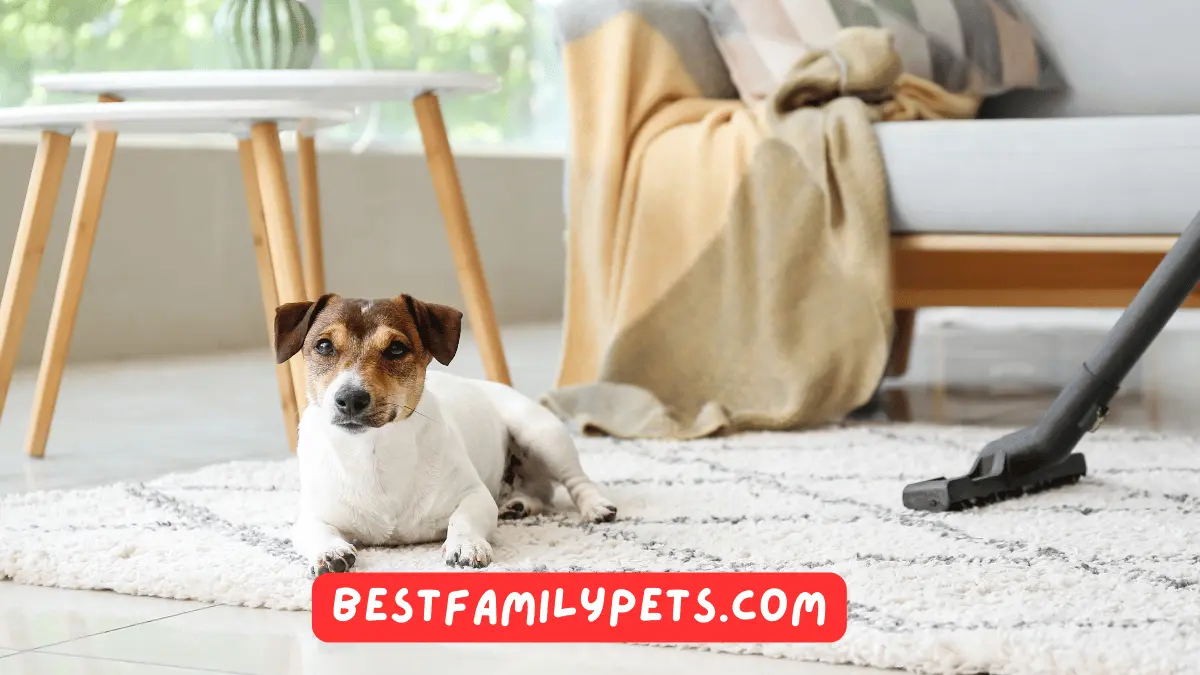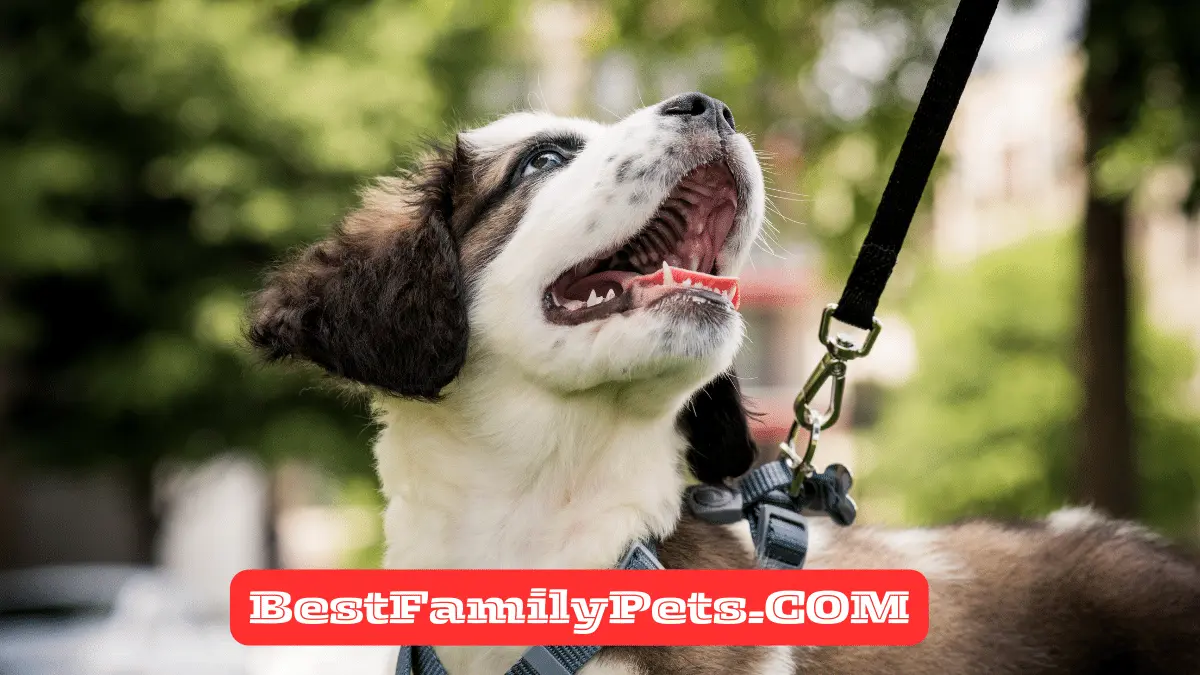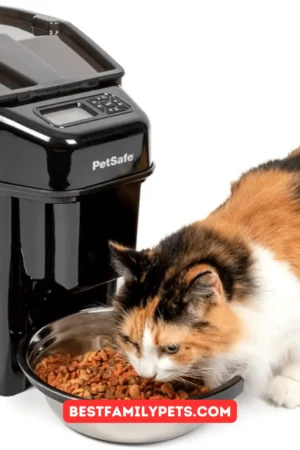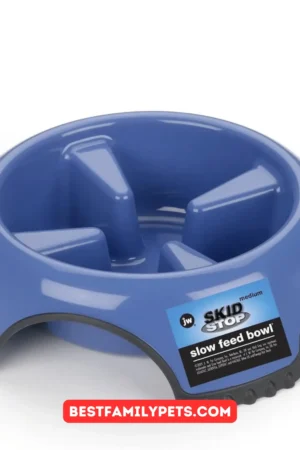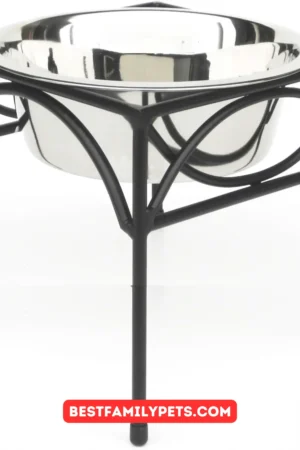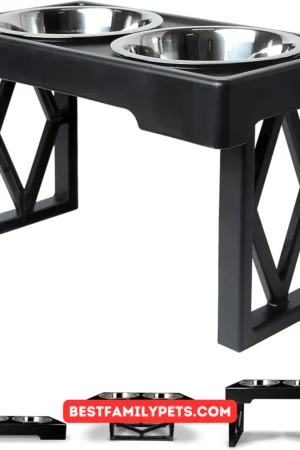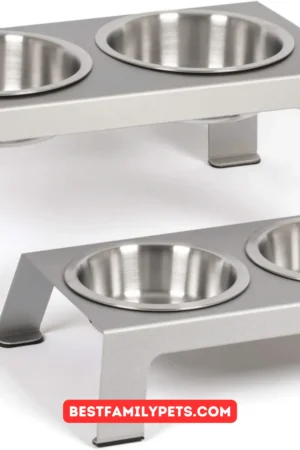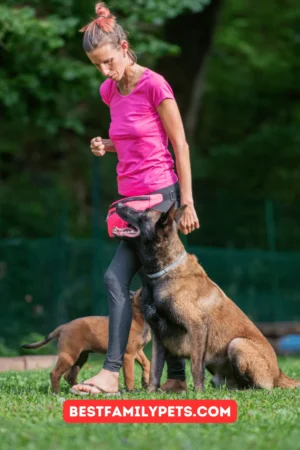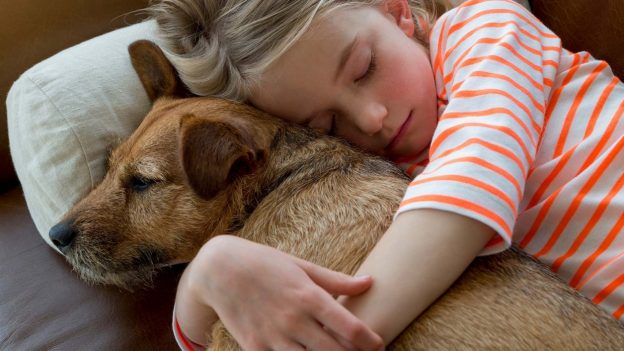Things to Consider Before Getting a Dog
Make an informed decision! Read our guide on things to consider before getting a dog. Being a responsible dog owner today.
The fact that more than 33% of Americans considered getting a pet dog during the Covid-19 pandemic highlights how excellent dogs are. They not only help in improving your mood dramatically but are also helpful in improving your physical and mental well-being. Moreover, humans with a pet dog have a much higher rate of recovering from being sick than non-dog owners. And dogs are cute! Do we need to list more reasons why you should get out there and adopt a dog or a puppy?
Now, we don’t encourage any impulse decisions, so let us walk you through what you might be signing up for once you decide to become a dog daddy.
1. Assess whether you want a dog
Getting a pet is almost as big a commitment as expanding your family. No doubt the experience will be fulfilling, heart-warming, and filled with energy, but it will also be expensive, tiring, and emotional. Meet someone who owns a dog and understand their responsibilities, duties, daily chores, and overall experience.
If you’re still unsure about hopping onto this new responsibility, you can always try fostering. Fostering will give you an authentic experience and help you make the correct decision.
2. Puppy or adult dog?
Now that you’ve decided that you’re ready for a pet dog, it’s time to decide between a cute puppy or a mature adult dog.
Even though the animal is the same, there’s a vast difference between the two. A puppy has a lot of energy; hence, it requires more attention, time, and care. Also, the puppy is entirely unaware of worldly knowledge, and you might have to train it from scratch. This will require immense patience.
Choosing the breed of the dog is also an important step. On the other hand, getting an older dog doesn’t require so much maintenance unless it is sick. Most of the time, an older dog is trained beforehand. All you need to do is get acquainted with its habits and behavior. Breed of the dog. Research and finalize a breed that can adapt to your lifestyle.
3. Start by puppy-proofing
Puppy-proofing is almost as essential and similar as baby-proofing. Usually, a little puppy will chew and bite anything that crosses its path, so you need to ensure that sharp or harmful items are not within the puppy’s access. Puppies are usually allergic to many kinds of plants, so make sure those are out of reach too.
Provide puppy toys, so it doesn’t have to play with other objects around the house. Keep plastic things, food supplies, pointed products, etc., off-limits such as high cabinets. Ensure the trashcan lid is shut. Dogs have an increased sense of smell, and they will get attracted to foul garbage smells which can upset their stomach. Lastly, keep the doors and windows shut at all times.
Start training the puppy as early as possible to be aware of what things are harmful to it. You can start by making it aware of its exploration areas.
4. Schedule appointments with your vet regularly
Just like a baby, a puppy requires several vaccinations in the early years. Schedule appointments for all the required vaccinations to keep them from getting sick. If you don’t want a litter of pups, you might also want to consider spray and neuter.
Some people also get dog health insurance done for added help in case of any uncertainty. Make appointments with the vet at least once a year for a regular check-up.
5. Procure dog accessories
Yes, it would be best to go pet shopping before getting the new family member in your house. Firstly, a collar and a leash depending on how old the dog is. An ID tag is also crucial with your name and contact number for outdoor strolls. Always opt for something light since it will be on your dog’s neck, so you don’t want it to be too heavy.
Next, a food and water bowl to feed on. They come in many designs, colors, and materials. In case your dog is dainty, opt for a heavier one that cannot be pushed easily.
A comfortable crate for your pet to lie down, stretch, and sit down. `
6. Prepare for anxiety
Dogs and puppies also have to deal with anxiety, just like humans. This anxiety can be age-related, fear-related, or separation-related. Some of the symptoms to watch out for are excessive barking or drooling or even defecating in the house. Calming treats for dogs are non-medicinal treats with helpful ingredients like hemp oil, ginger, chamomile, lavender, etc.
These calming treats are known for their calming effects and can be fed to your pet when you know his anxiety may be triggered or even incorporate it with his medicines. Select the best calming treats for dogs to support your furry friend while dealing with anxiety.
7. Grooming is crucial
Grooming your pet is the most critical care that you can provide. Depending on its fur/coat type, you can pick the brush to brush its hair regularly. This keeps them from getting untangled and hence doesn’t turn into a breeding spot for germs. Bathing requirements depend on the breed and age of the dog. An older dog requires much more bathing sessions than a younger dog. Keep its ears clean at all times since the ears are also probable breeding grounds for germs. A dog’s nails shall never touch the ground, so you should clip them regularly. Brush the teeth from time to time to avoid any dental diseases.
FAQs:
What are some important things to consider before getting a dog?
Some important things to consider before getting a dog include your lifestyle, living situation, financial stability, and time commitment.
What kind of lifestyle is best suited for owning a dog?
An active lifestyle that includes plenty of time for exercise and outdoor activities is ideal for owning a dog. Dogs need regular exercise and socialization to stay happy and healthy.
What expenses should I expect when getting a dog?
Expenses when getting a dog include adoption or purchase fees, veterinary bills for routine check-ups and vaccinations, food, toys, grooming supplies, and any unexpected medical costs.
What kind of training should I provide for my dog?
Training should include basic obedience commands such as sit, stay, come, and heel, as well as potty training and socialization. Advanced training such as agility or therapy work can also be beneficial.
What are some potential challenges of owning a dog?
Potential challenges of owning a dog include behavioral issues such as barking, chewing, or aggression, unexpected medical expenses, finding adequate time for exercise and training, and navigating pet-friendly housing options.
Conclusion
If you’re on the fence about getting a dog, then maybe you’re not ready to take the responsibility of getting one. No doubt, a dog poops a lot, requires a lot of time, cannot be left unattended, is hard to maintain, but when you come back home after a long, tiring day, your dog will be the most thrilled to see you and will probably welcome you every next day with lots of hugs and licking, and that feeling is priceless.
You may also like these:
-

7 Essential Cleaning Tips for Pet Owners
There’s no doubt that our little furry friends enrich our lives in so many ways. However, keeping up with their messes is no small chore. In order not to let things get out of hand, we’ve compiled a comprehensive list of 7 essential tips for cleaning after your favourite pets. By dedicating just a few…
-



The Importance of a Dog Leash
Choosing the right dog leash for your dog is a necessity for their safety, comfort, and identification.
-



The 12 Best Dog Bowls of 2024 for Dachshunds: How to Choose the Right One
best dog bowls for miniature dachshunds, Dachshund, dachshund food and water bowls, Dog Bowls, food bowls for dachshunds, Should Dachshunds have raised bowls?, Should dogs eat off the floor?By considering the options and factors outlined in this article, you can find the perfect bowl to keep your Dachshunds healthy and happy.
-



Review: PetSafe Simply Feed Automatic Feeder
Are you a busy pet parent who struggles to maintain a consistent feeding schedule for your furry friend? The PetSafe Automatic Feeder might is here.
-



Review: JW Pet Skid Stop Slow Feed Bowl
Does your dog inhale their food in seconds flat? If so, you might be interested in trying a JW slow feeder bowl.
-



Review: Dogit Slow Feeder Dog Bowl
Does your furry friend devour their meals in a flash? If so, you might want to consider a Dogit slow feeder bowl.
-



Review: Outward Hound Fun Feeder Slo Bowl
Does your dog inhale their food in seconds flat? If so, you might be interested in trying a slow feeder bowl.
-



Review: NMN Products Raised Dog Bowls
NMN Products offers a selection of raised dog bowls known for their stylish designs and focus on pet comfort.
-



Review: Pet Zone Adjustable Elevated Pet Feeder
The Pet Zone Designer Diner Adjustable Elevated Pet Feeder aims to elevate your pet’s mealtime experience in both form and function.
-



Review: FOREYY Raised Pet Bowls for Small and Medium Dogs
Looking for a simple and affordable way to elevate your small or medium dog’s mealtime? The FOREYY Raised Pet Bowls might be the perfect option for you.
-



Review: PetFusion Elevated Dog Bowls
Looking for a stylish and functional way to elevate your pup’s mealtime? Look no further than PetFusion’s Elevated Dog Bowls!
-



Belgian Malinois Pitbull Mix: Loyal, Energetic & Smart
Belgian, Belgian Malinois, Belgian Malinois Pitbull Mix, Belgian Shepherd, Belgian Shepherd Malinois, Pitbull MixDiscover the loyal, energetic, and smart traits of the Belgian Malinois Pitbull mix. Learn more about this unique breed blend today! #belgianmalinoispitbullmix
-



Overview of DNA Testing for Belgian Malinois Dogs
Unleash insights about your Malinois! Explore “DNA dog test for Belgian Malinois” to discover breed, health & behavior traits.
-



Adopting a Puppy/ What you need to know
You have chosen your puppy from a litter, at a reputable Breeders. Soon you will be ready to bring him home it is time to get a few things that you are going to need before his arrival. What age can your Puppy come home? Dogs are not able to eat solid food until they…
-



The Ultimate New Puppy Checklist
Welcome your furry friend prepared! Our ultimate Puppy Checklist covers essentials from supplies to training tips. Get it all right here.


